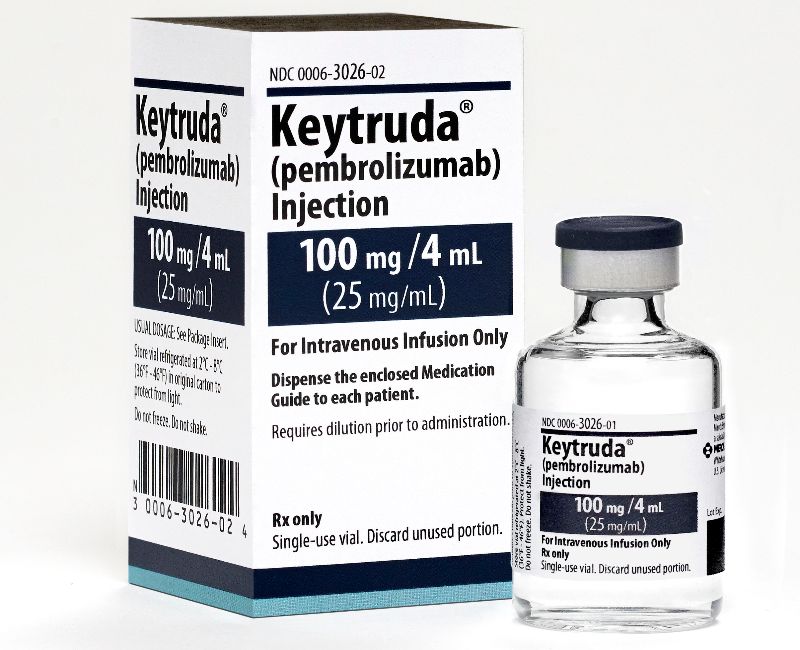
Merck (MSD) has reported positive data from the Phase III KEYNOTE-590 clinical trial of its anti-PD-1 therapy Keytruda in combination with chemotherapy (cisplatin plus 5-fluorouracil [5-FU]) to treat oesophageal cancer.
The 749-patient trial met its primary endpoints of overall survival (OS) and progression-free survival (PFS) as a first-line treatment for patients with locally advanced or metastatic oesophageal cancer.

Discover B2B Marketing That Performs
Combine business intelligence and editorial excellence to reach engaged professionals across 36 leading media platforms.
An interim analysis by an independent Data Monitoring Committee showed that the combination led to a statistically significant and clinically meaningful improvement in OS and PFS versus chemotherapy alone.
The trial also met the key secondary endpoint of objective response rate (ORR), with the combination demonstrating significant improvements compared to chemotherapy alone.
The safety profile of Keytruda was observed to be consistent with that reported in prior studies.
Merck will share these results with global regulatory authorities and has submitted for presentation at the European Society for Medical Oncology (ESMO) Virtual Congress 2020.

US Tariffs are shifting - will you react or anticipate?
Don’t let policy changes catch you off guard. Stay proactive with real-time data and expert analysis.
By GlobalDataMerck Research Laboratories senior vice-president, global clinical development head and chief medical officer Dr Roy Baynes said: “In this pivotal study, Keytruda plus chemotherapy resulted in superior overall survival compared with the current standard of care in the full study population and across all patient groups evaluated.
“These results build upon our research reinforcing the survival benefits of Keytruda, and we look forward to engaging regulatory authorities as quickly as possible.”
Merck’s drug currently holds approval in the US and China as a monotherapy for second-line treatment of recurrent locally advanced or metastatic squamous cell carcinoma of the oesophagus with PD-L1-expressing tumours.
In June, the company reported that the Phase III KEYNOTE-361 study of Keytruda in combination with chemotherapy failed to meet its pre-specified co-primary endpoints of OS and PFS compared to standard of care.





